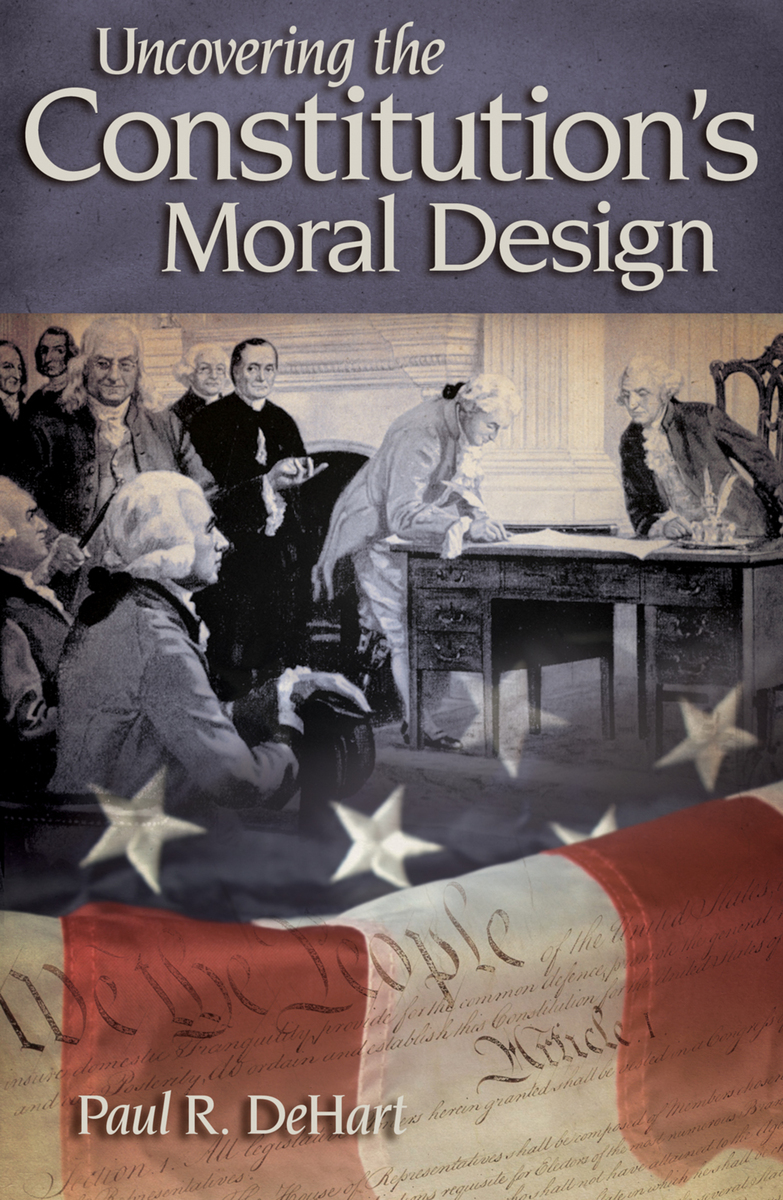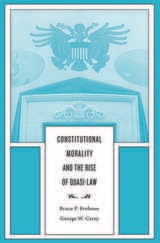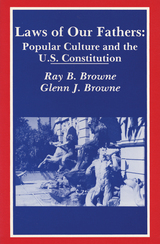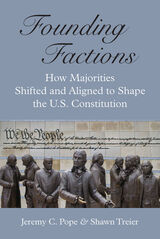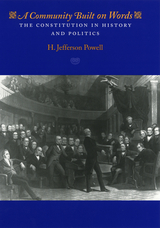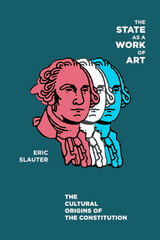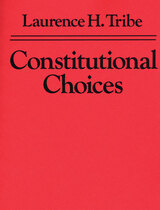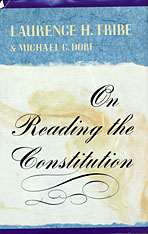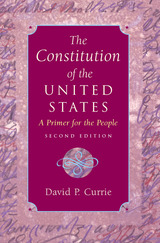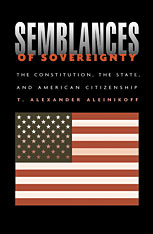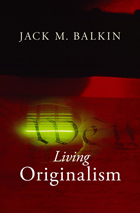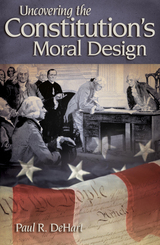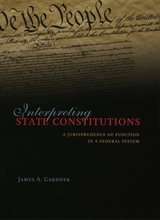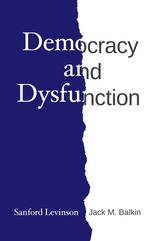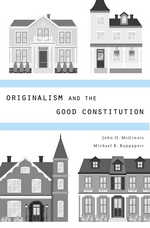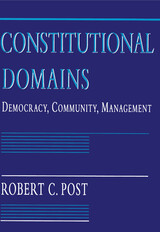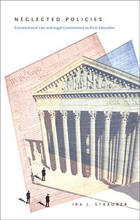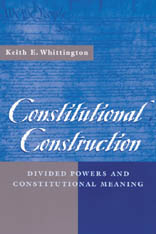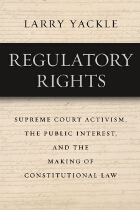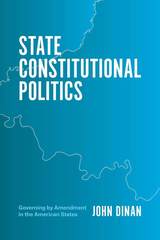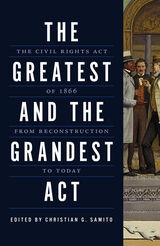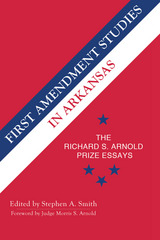Uncovering the Constitution's Moral Design
University of Missouri Press, 2007
Cloth: 978-0-8262-1760-8 | Paper: 978-0-8262-2130-8 | eISBN: 978-0-8262-6608-8
Library of Congress Classification KF4552.D44 2007
Dewey Decimal Classification 342.7302
Cloth: 978-0-8262-1760-8 | Paper: 978-0-8262-2130-8 | eISBN: 978-0-8262-6608-8
Library of Congress Classification KF4552.D44 2007
Dewey Decimal Classification 342.7302
ABOUT THIS BOOK | AUTHOR BIOGRAPHY | REVIEWS | TOC
ABOUT THIS BOOK
The U.S. Constitution provides a framework for our laws, but what does it have to say about morality? Paul DeHart ferrets out that document’s implicit moral assumptions, demonstrating that the Constitution presupposes a natural law to which human law must conform. His argument works toward resolving current debates over the Constitution’s normative framework while remaining detached from the social issues that divide today’s political arena.
In critiquing previous attempts at describing and evaluating the Constitution’s normative framework, DeHart demonstrates that the Constitution’s moral framework corresponds largely to classical moral theory. Using the method of Inference to the Best Explanation to ascertain our Constitution’s moral meaning, he challenges the logical coherency of modern moral philosophy, normative positivism, and other theories that the Constitution has been argued to embody, offering instead an innovative methodology that can be applied to uncovering the normative framework of other constitutions as well.
In critiquing previous attempts at describing and evaluating the Constitution’s normative framework, DeHart demonstrates that the Constitution’s moral framework corresponds largely to classical moral theory. Using the method of Inference to the Best Explanation to ascertain our Constitution’s moral meaning, he challenges the logical coherency of modern moral philosophy, normative positivism, and other theories that the Constitution has been argued to embody, offering instead an innovative methodology that can be applied to uncovering the normative framework of other constitutions as well.
See other books on: Constitutional law | Constitutions | DeHart, Paul R. | Methodology | Uncovering
See other titles from University of Missouri Press
